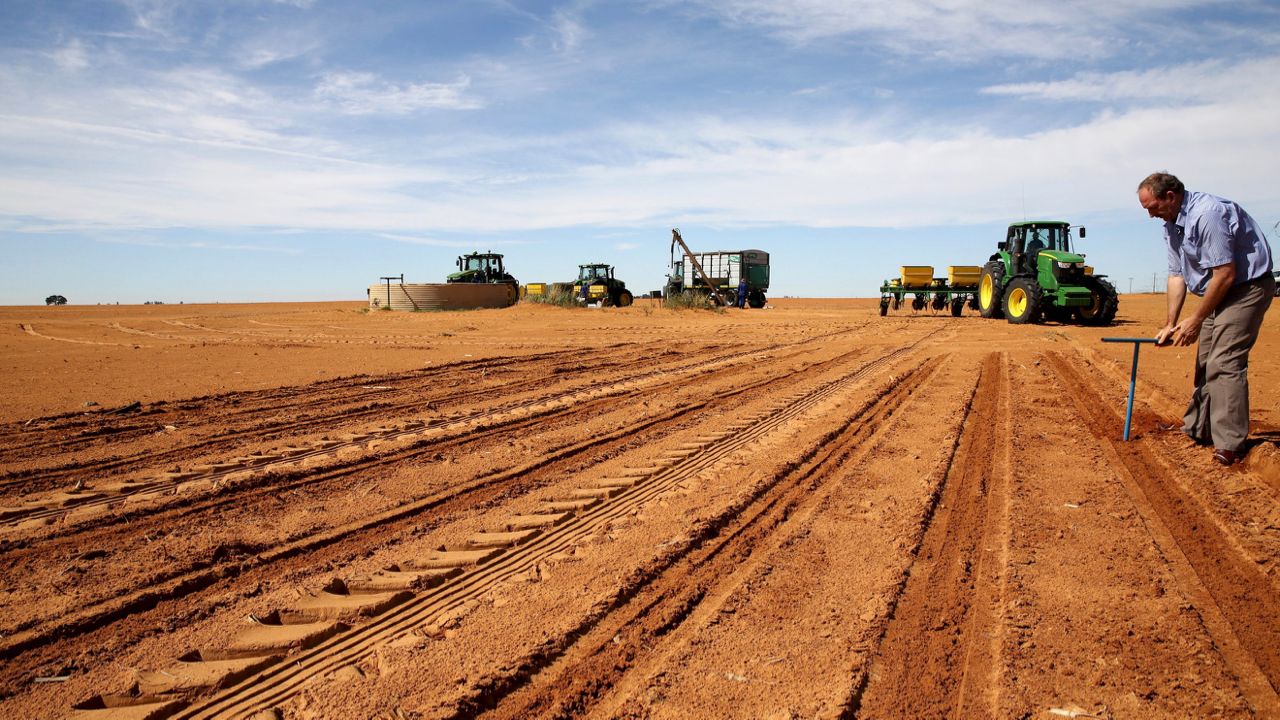Interestingly, those who tried to argue or put the record straight were outnumbered three fold by those who liked what Trump said – whether that was the correct position on the ground, or not – validating Zimbabwe’s claims of biased international community.
South African President Cyril Ramaphosa is on record having announced on 1st of August that the ruling ANC was planning to change that country’s constitution to allow for the expropriation of land without compensation, as whites still own most of South Africa’s land.
President Ramaphosa’s announcement, which was made way before President Trump’s tweet, shows how the US leader chose to be economic with the truth, probably to derail South Africa’s land redistribution programme, just like his predecessors before him did in Zimbabwe.
Contrary to the situation on the ground, Trump is giving an impression that South African’s land redistribution has already commenced, it is violent and a number of white people have already been murdered. This is not a mistake because USA has an embassy in Pretoria, which is capable of informing its leadership of what transpires daily. If that is the case how then did they miss that the land reform was yet to commence and white farmers were still dying of natural causes or having been caught in other violent encounters that have nothing to do with land redistribution?
South Africans should be warned that these are signs of bad times to come. Yes, South Africa has criticized Zimbabwe over the former British colony’s land redistribution programme, which was perceived to be chaotic – but as they will soon find out – once put in a corner and vilified, their options will be limited and they will chose that which will satisfy the people’s aspirations.
What are South Africans going to do if their bid to change the constitution to allow the expropriation of land without compensation fails?
In February 2000, the Government of Zimbabwe organized a referendum on a draft new constitution which, if it had been approved, would have empowered the government to acquire land compulsorily without compensation. Despite the ruling party having a sufficiently large majority in parliament to pass any amendment it wished, considerable support in the media and a significant number of land hungry Zimbabweans, the new constitution was rejected, 55 to 45 percent. The ‘NO Campaign” by foreign funded civic society organizations was the impetus behind the above result and the same tactic might be employed in South Africa to thwart the constitutional amendment being sought to allow the expropriation of land without compensation
Should South Africa chose to proceed with expropriation of land without compensation like Zimbabwe – one cannot imagine the number of white farmers who are going to be alleged to have died in the process considering that, according to Trump, a large number has already been claimed to have died. These allegations will also form the bases for the imposition of sanctions, the economy will fall and citizens will blame the ANC government for their economic predicament.
Until then, some African countries will find it difficult to believe that the fall of the Zimbabwean economy had nothing to do with the economy but land. Zimbabwe’s land reform was not supposed to succeed lest other African countries might entertain the idea of following suit. Zimbabwe was therefore regarded by the West as bad influence in the region and a threat to capital.




